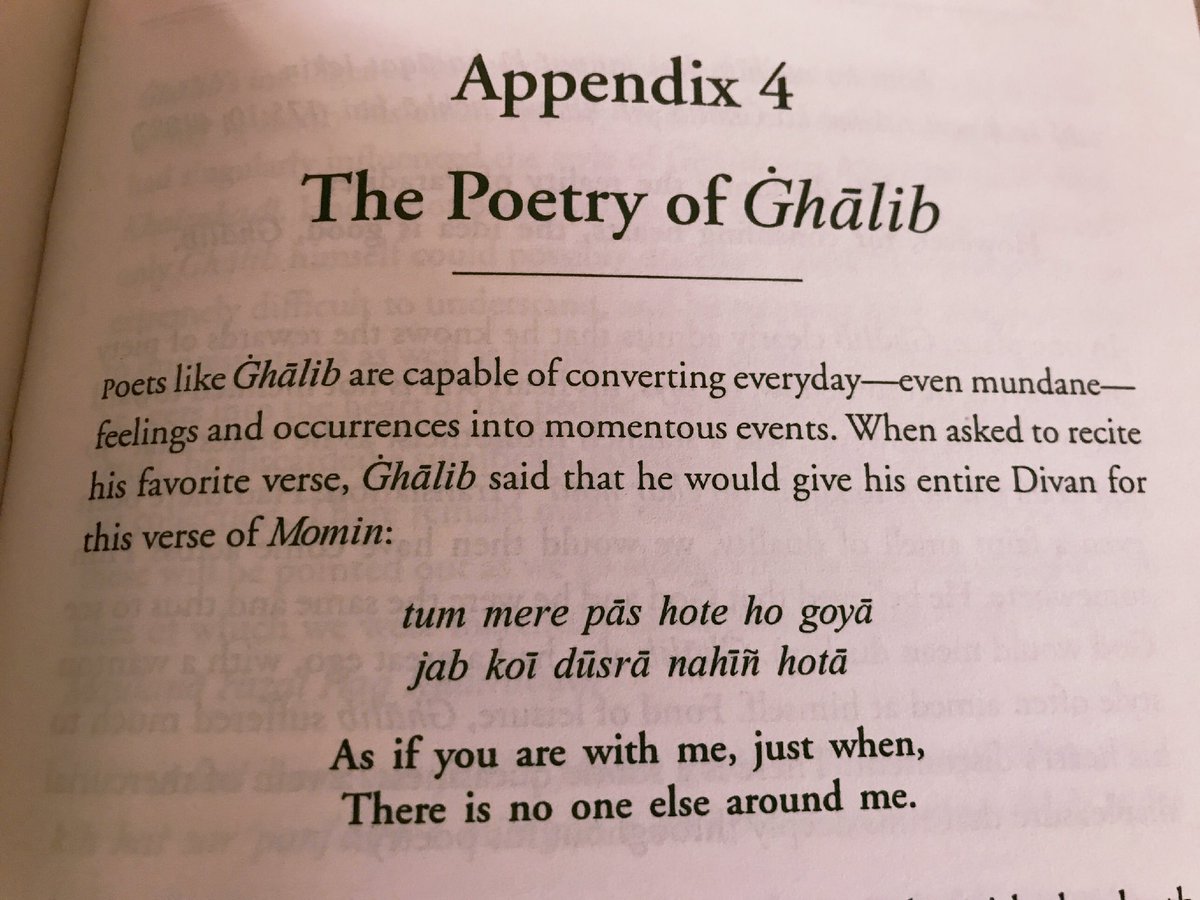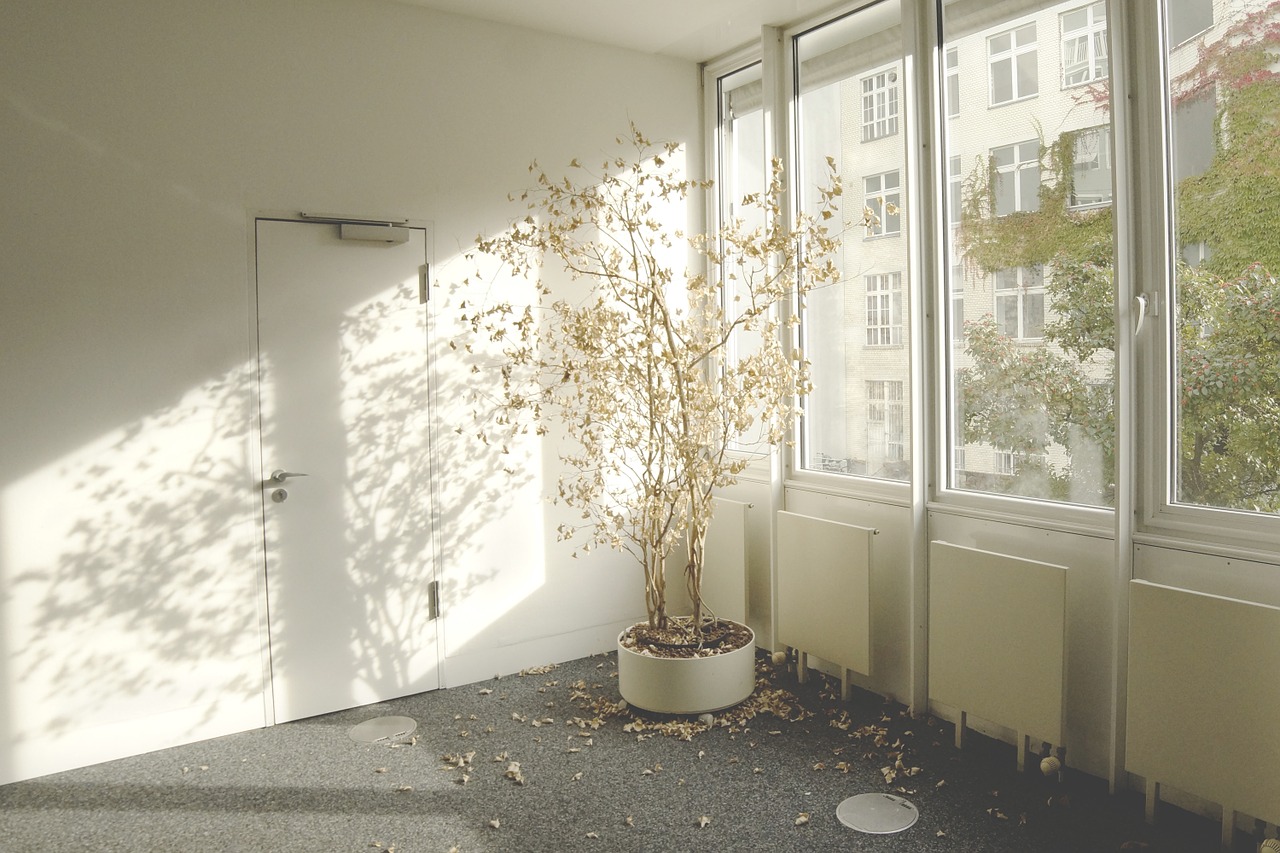

“Books and dreams were what I lived in and domestic life only seemed to buzz gently around, like bees about the grass,” she said many years later. But, unlike her two sisters and eight brothers, she immersed herself in the world of books as often as she could get away from the social rituals of her family. She rode her pony in the lanes around the Barrett estate, went with her brothers and sisters for walks and picnics in the countryside, visited other county families to drink tea, accepted visits in return, and participated with her brothers and sisters in homemade theatrical productions. In this peaceful setting, with its farmers’ cottages, gardens, woodlands, ponds, carriage roads, and mansion “adapted for the accommodation of a nobleman or family of the first distinction,” Elizabeth-known by the nickname “Ba"-at first lived the kind of life that might be expected for the daughter of a wealthy country squire. Her father, whose wealth was derived from extensive sugar plantations in Jamaica, was the proprietor of “Hope End,” an estate of almost 500 acres in Herefordshire, between the market town of Ledbury and the Malvern Hills. Her humane and liberal point of view manifests itself in her poems aimed at redressing many forms of social injustice, such as the slave trade in America, the labor of children in the mines and the mills of England, the oppression of the Italian people by the Austrians, and the restrictions forced upon women in 19th-century society.Įlizabeth Barrett was extremely fortunate in the circumstances of her family background and the environment in which she spent her youth.

So highly regarded had she become by 1850, the year of Wordsworth’s death, that she was prominently mentioned as a possible successor to the poet laureateship. A framed portrait of Barrett Browning hung in the bedroom of Emily Dickinson, whose life had been transfigured by the poetry of “that Foreign Lady.” From the time when she had first become acquainted with Barrett Browning’s writings, Dickinson had ecstatically admired her as a poet and as a woman who had achieved such a rich fulfillment in her life.


An example of the reach of her fame may be seen in the influence she had upon the reclusive poet who lived in the rural college town of Amherst, Massachusetts. She had a wide following among cultured readers in England and in the United States. During the years of her marriage to Robert Browning, her literary reputation far surpassed that of her poet-husband when visitors came to their home in Florence, she was invariably the greater attraction. Among all female poets of the English-speaking world in the 19th century, none was held in higher critical esteem or was more admired for the independence and courage of her views than Elizabeth Barrett Browning.


 0 kommentar(er)
0 kommentar(er)
